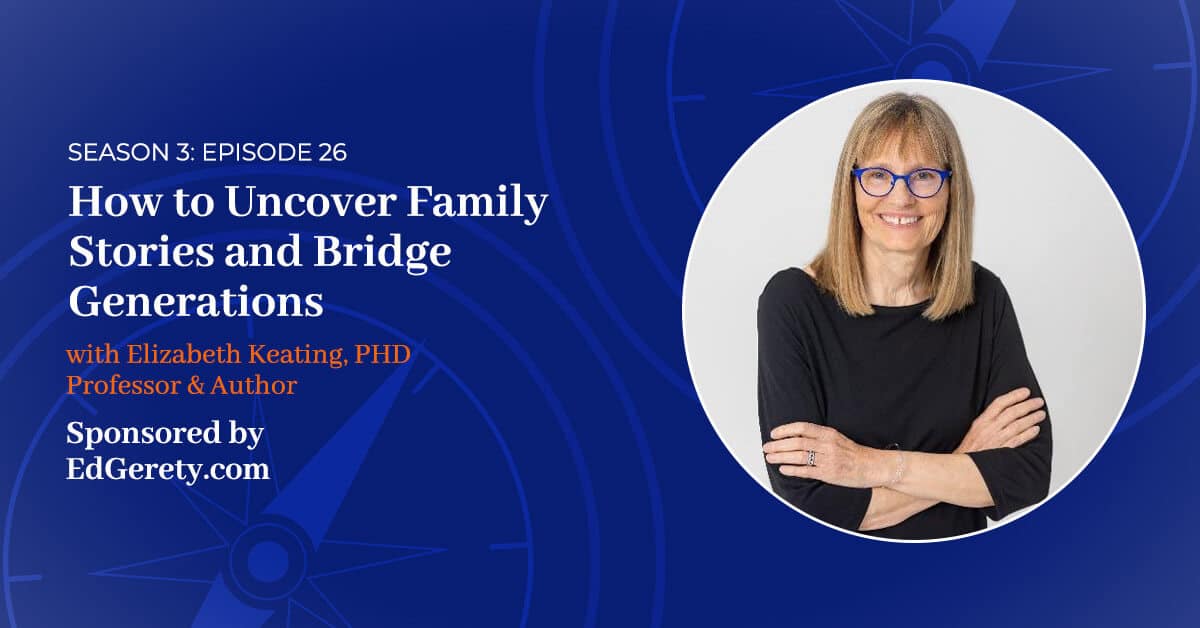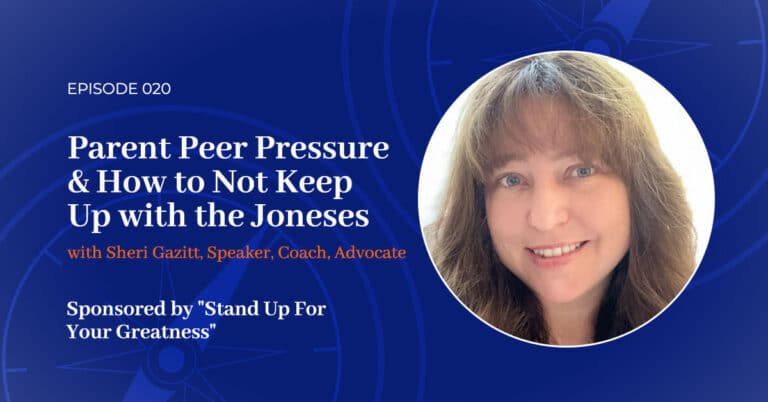Elizabeth Keating is a professor of anthropology at the University of Texas at Austin who specializes in culture and communication. She recently published her third book, which reached #1 on Amazon’s Movers & Shakers in Books in the first week of publication, and was #1 in cultural anthropology the week after. The book, The Essential Questions: Interview Your Family to Uncover Stories and Bridge Generations, takes an anthropological approach to finding out about your own family history, and the Essential Questions help you to uncover new sides of family members you’ve known all your life.
Elizabeth’s academic research and writing focuses on culture and communication. She’s done fieldwork on the small island of Pohnpei (Micronesia), in the Austin Deaf Community, in Romania, India, Brazil, Germany and the U.S. She has presented talks and papers in 15 countries on a variety of topics in language and culture, and authored or co-authored over 50 academic articles. She has given talks about her research on communication in global teams at Google and in other business settings. She’s been a professor in the department of anthropology at UT Austin for over 25 years.
Key Takeaways
- In family conversations, the focus and excitement is generally on what the children and grandchildren are up to. Questions about what it was like for parents and grandparents when they were growing up is uncommon.
- It’s hard for young people to picture their parents and grandparents as kids and ask what their life was like at that time.
- Elizabeth shares her own personal story about interviewing her mom about the family, and then realizing after her mom had passed, that there was so much she didn’t know about her mom and wished she had the foresight to have had those conversations.
- How is focusing on the stories of our elders important in raising our teens? What lessons do they learn?
- Teens feel a sense of belonging as family stories are shared and they feel a deeper connection and conversation with their older family members.
- Often teenagers ask themselves why they do what they do, and in interviewing older family members, they often find a correlation to their family history and way of being.
- What challenges did older family members have with their parents and the hardships they faced that may have been passed down through the generations This offers a greater understanding for teens to know why their parents/grandparents respond/behave the way they do in certain situations.
- Teens can learn to become more open and compassionate as they learn about the difficult stories in their family history.
Resources
- Website: Elizabeth-keating.com
- Email Elizabeth: Click Here
- Follow on Twitter: https://twitter.com/talktofamily




